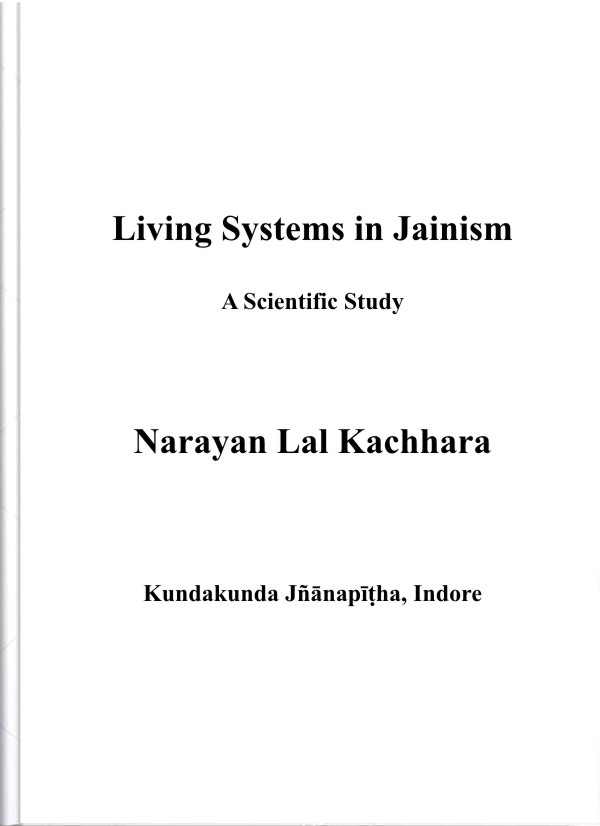There are three types of births: sexual, asexual (sammurchhana) and spontaneous (upapada). The latter type, spontaneous, is applicable to beings in heaven and hell. Animals with less than five senses are supposed to have an asexual birth. Five-sense animals and humans have a sexual birth. For sexual birth it is necessary that: (1) the male and female partners engage in sexual activity (or artificial insemination is performed); (2) their sperm and ovum are fertile and meet in a proper way to fuse together; and (3) there is no miscarriage or forced abortion. The soul enters the fertilized cell for further growth and development into its full form. Besides these physical conditions, the soul taking birth must be eligible for that type of birth; that is, it must bond the naama Karma required for that particular birth.
The souls eligible for human birth come from four sources: existing humans, animals, and souls from the heavens and hells after they complete their life there. Consider a case where the eligible number of souls for human birth is large and the opportunities available for birth are few, due to the physical limitations cited above. This means that a large number of souls are competing for limited chances and obviously only a few succeed in their attempts. This makes the probability of human birth very low. What happens to souls that are eligible and fail to get a chance on this planet? They may be born as human beings elsewhere in the loka, or as sammurchhana human beings and live a short life unworthy of notice. Animal species with asexual birth and beings in heaven and hell do not suffer from birthplace limitations, and any number of eligible souls can be born in that form. This explains why the human population is the smallest minority out of all living forms in the loka. Human birth on karma bhoomi is essential for the soul to attain emancipation, but it is a rare opportunity.
 Dr. N.L. Kachhara
Dr. N.L. Kachhara
